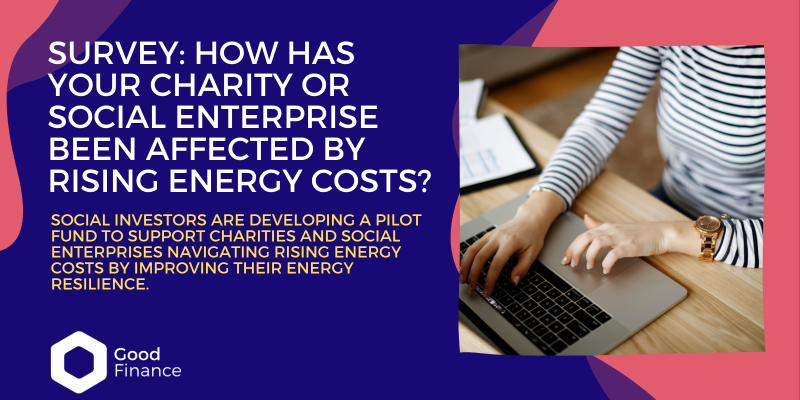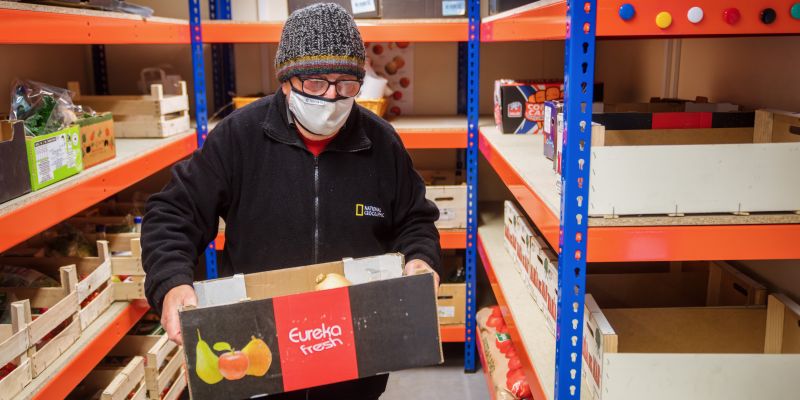SURVEY: How has your charity or social enterprise been affected by rising energy costs?
Blog
TAKE ME TO THE SURVEY. Social investors are developing a pilot fund to support charities and social enterprises navigating rising energy costs by improving their energy resilience. Have your say on how you’ve been impacted and what support you need.





